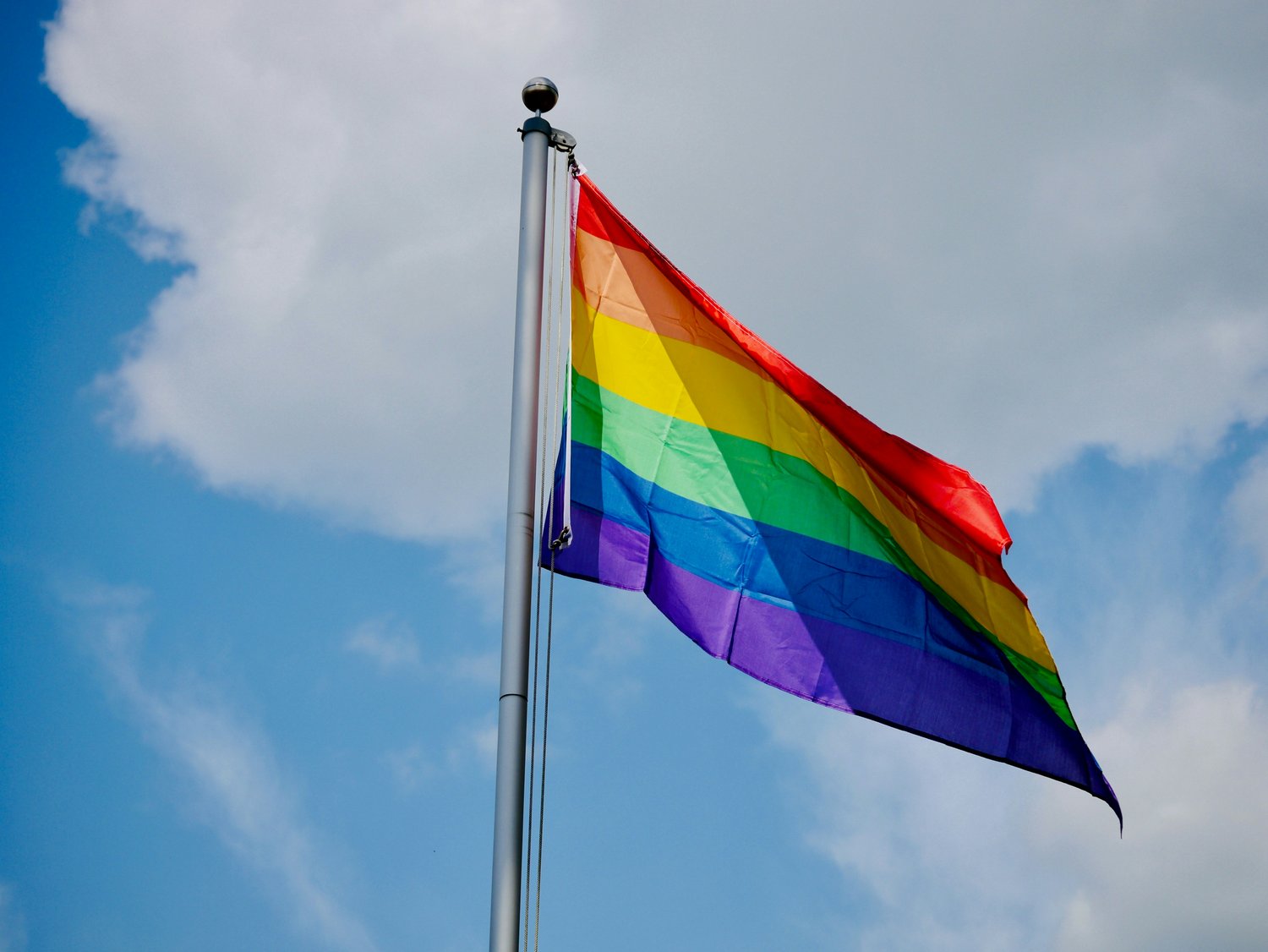
In a year when lawmakers introduced more than 850 anti-LGBTQ+ bills nationwide and nearly half of queer youth seriously considered suicide, an unexpected lifeline emerged from an unlikely source: video games.
For 44% of LGBTQ+ people, the virtual worlds designed for entertainment have become essential tools for survival, offering acceptance that often remains elusive in their schools, communities, and even their homes. It’s a phenomenon that reveals both the depth of the mental health crisis facing queer youth and the surprising capacity of digital spaces to fill voids left by failing real-world support systems.
The Crisis in Numbers
The Trevor Project’s 2023 National Survey of LGBTQ+ Youth paints a stark picture of a generation under siege. Among young people aged 13-24:
-
41% seriously considered suicide in the past year.
-
14% attempted suicide, rates significantly higher than their cisgender, heterosexual peers.
-
54% experienced symptoms of depression.
-
67% reported anxiety.
This mental health emergency has coincided with an unprecedented surge in hostile legislation. The 850+ anti LGBTQ bills introduced represent a deepening of the isolation many queer youth already experience in their communities.
Gaming as Digital Refuge
Yet amid this hostility, gaming communities have emerged as unexpected sanctuaries. GLAAD’s 2024 “State of LGBTQ Inclusion in Video Games” report, surveying over 4,000 PC and console gamers, revealed the extent to which virtual worlds have become crucial coping mechanisms:
The appeal appears rooted in gaming’s unique combination of anonymity, community, and agency; players can experiment with identity through character creation while building meaningful relationships without geographical constraints.
Identity Discovery in Virtual Spaces
Gaming’s role extends beyond mere escapism to active identity formation. The medium’s interactive nature creates particularly powerful opportunities for self-discovery:
-
36% of LGBTQ+ gamers credit games with helping them discover or affirm their sexual orientation or gender identity.
-
41% of LGBTQ+ gamers of color report this same effect.
These findings align with broader research on digital mental health interventions. A 2025 JMIR review found that gamified tools incorporating game mechanics, such as goal-setting and social collaboration, achieve higher engagement rates than traditional apps, suggesting the medium may be uniquely effective for certain therapeutic applications.
“We’ve seen how modular gaming networks can mirror therapeutic group structures,” says a spokesperson for MPL. “By allowing players to curate their communities and narratives, these platforms offer adaptive support that traditional systems often can’t, enabling queer youth to find both belonging and autonomy in equal measure.”
Representation Gap
The gaming industry’s response has lagged behind both documented need and economic opportunity. Despite LGBTQ+ consumer spending topping $1.4 trillion annually in the US, a 165% increase, representation remains minimal:
-
Only 2% of games feature openly queer gaming characters.
-
72% of LGBTQ+ gamers report that representation improves their gaming experience.
-
68% want more queer storylines in games.
This disconnect suggests the industry may be underestimating both the size and purchasing power of LGBTQ+ gaming communities, missing significant revenue opportunities while failing to serve a vulnerable population.
From Symbolism to Substance
The path forward requires more than symbolic inclusion. When more than a quarter of LGBTQ+ players abandon games due to abuse, community safety becomes more urgent than representation. Effective solutions demand coordinated effort: developers deploying robust moderation systems, platforms highlighting queer-friendly servers, and parents recognizing gaming communities as legitimate support networks rather than mere entertainment.
About MPL – Mobile Premier League (MPL) is a popular gaming platform in the US, offering a variety of games across categories like card games and casual games. Players can compete in these games for an engaging and competitive experience. The app is available for download on mobile devices, allowing users to enjoy a wide range of games anytime, anywhere.

دیدگاهتان را بنویسید